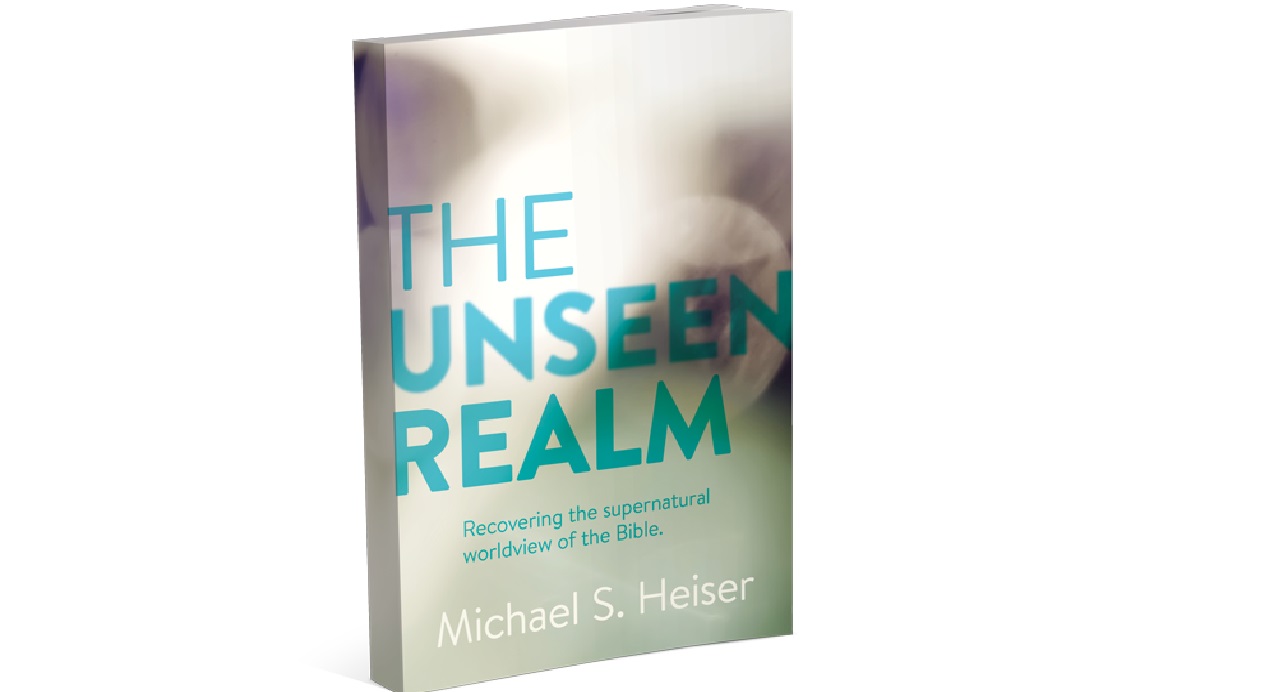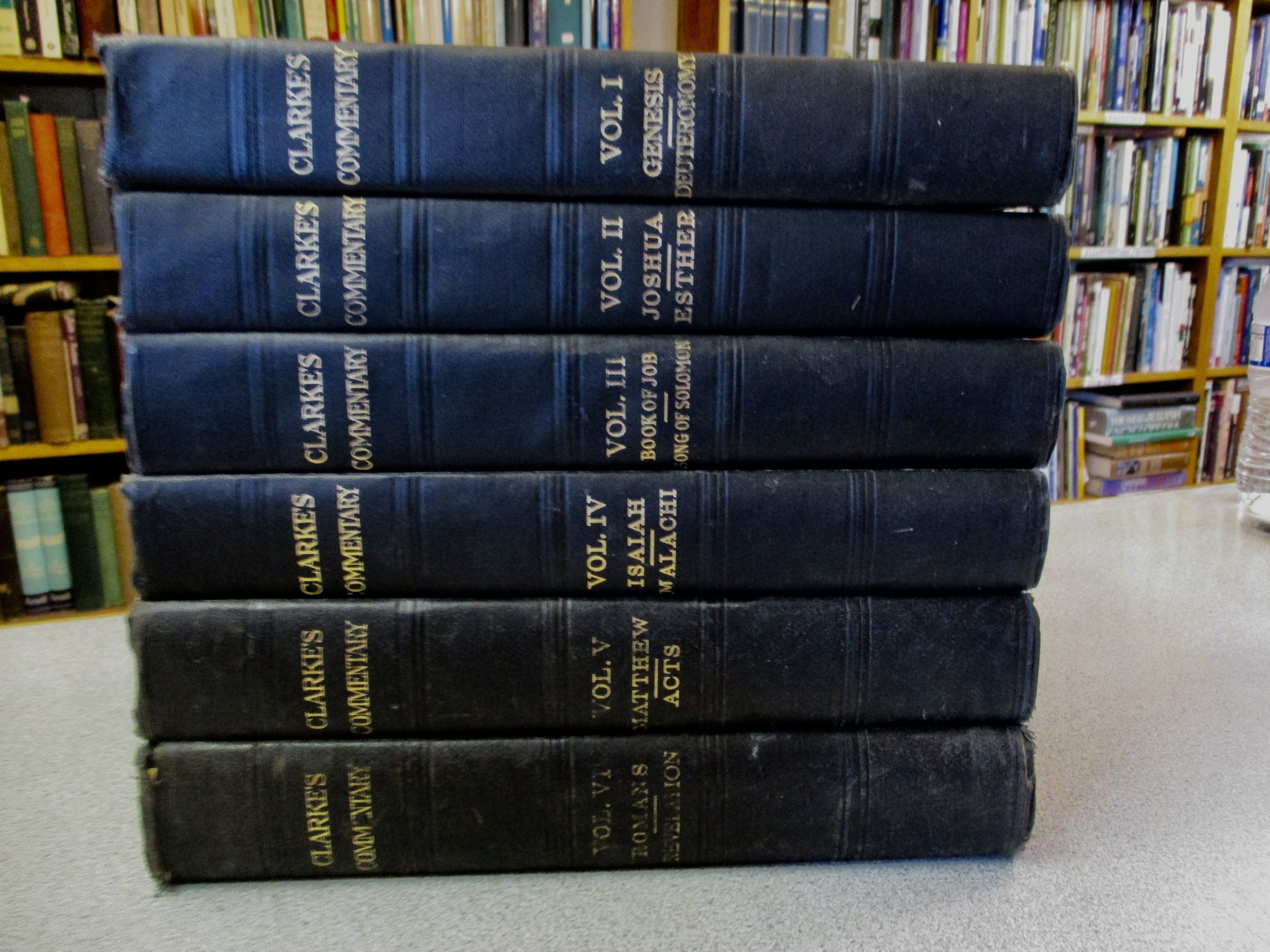
Creator or Creators?
July 24, 2020
Was Jesus the son of Joseph or the Son of God?
August 24, 2020Jesus and the angels

From the book Angels of Light, Powers of Darkness by Stephen Noll
Christianity, as far back as we can trace it, can be characterized in the words of the Roman historian Pliny: “They sing a hymn to Christ as though he were God.”[1] In trying to explain how this “mutation” of monotheism occurred so suddenly and irreversibly in the first century, historians of religion ask, Was early Judaism fully monotheistic? Was early Christianity truly trinitarian? Angelology is sometimes seen as the soft spot in both religious worldviews, since Jewish apocalyptists and mystics made room for a “lesser YHWH,” and second-generation Christian writers spoke of Christ and the Spirit as angels.
Our survey does not confirm this view, at least not during the New Testament period. Continuity between Jewish and Christian depictions of angels as angels is a point of agreement, not difference. Although Jewish apocalyptic works invest archangels with Godlike attributes and aura, there is no example of angel worship or joint occupation of God’s throne. There is no evidence that Jews expected an angelic Messiah, though some Jews expected Michael to be the decisive actor in the heavenly battle on the day of the Lord (see chapter seven). When Jesus asks, “Who do men say that I am?” the disciples do not answer, “Some say you are Michael, others the angel of the Lord, still others one of the heavenly host”! There are many disputes in the New Testament about Jesus’ relation to David or Elijah or Abraham, but nowhere is it argued that he is an incarnate angel.
Is Christ on the side of the angels? The New Testament teaches that he is on the side of God, but he is so as a man. And furthermore, the New Testament attests that this understanding comes from Jesus himself.[2] The Gospels portray Jesus as beginning and ending his earthly ministry with a vision of angels. In his own distinctive parables, Jesus differentiates the role of Son of Man from that of God’s Old Testament servants the prophets, who are sent as messengers to the vineyard, and his angel messengers, who will reap the final harvest (Mk 12:1-12; Mt 13:37-43).
It is universally agreed that the Gospel of John includes the highest Christology in the New Testament. Yet the Gospel shows no interest in portraying Jesus as an angel. Jesus’ statement that “I and the Father are one” (Jn 10:30) is followed by a complex but important Old Testament citation.
When the Jews try to stone him for blasphemy “because you, being a man, make yourself God,” Jesus replies, Is it not written in your law, “I said, you are gods” [Ps 82:6]? If he called them gods to whom the word of God came (and scripture cannot be broken), do you say of him whom the Father consecrated and sent into the world, “You are blaspheming,” because I said, “I am the Son of God”? (Jn 10:34-36)
What is most interesting in Jesus’ interpretation of the “gods” in Psalm 82 is that he does not compare himself with angelic elohim, an interpretation available in apocalyptic angelology.[3] Instead he follows a view found in later rabbinic texts that it is the elect of Israel, those “to whom the word of God came,” who received a promise of being called “gods.” While formally defending his deity, Jesus at the same time asserts his humanity as the elect son whom God consecrates to die for his sheep.
We normally think of the argument found in Hebrews 1, that Christ is not an angel, as a defense of his full deity. The understanding that Jesus expresses in this dispute over his person in John 10 reminds us that there is a complementary argument in Hebrews 2 that places him “for a little while” lower than the angels and thus assures us of his full humanity as Son of Man and merciful high priest.
Angel and Spirit Christology. We have found no evidence in the canonical writings to think of Jesus Christ or the Holy Spirit as a superangel, but by the turn of the first century “angelomorphic” Christology or pneumatology made a strong appearance. Whereas orthodox church fathers eschewed the gnostic idea that Christ had an angelic nature, many of them were led for apologetic purposes to teach that the divine Persons appeared in the form of an angel. Justin Martyr (mid-first century A.D.) argued that Christ appeared as the angel of the Lord in his preincarnate form (or in the case of Abraham’s visitor, in his incarnate form). This interpretation served apologetically to explain the apparent absence of Christ in the Old Testament.
For Hermas (mid-first century A.D.), the key figure in salvation is the Holy Spirit. The Spirit is distinguished from God by his angelic form. The “angel of the Spirit” dwells in human flesh. Christ’s cooperation with his spiritual angel led to his elevation as Son of God. Hermas’s theology appealed to the Jewish-Christian (Ebionite) concern to defend the unity and spirituality of God. Origen (early second century A.D.) understood human and angelic nature to be essentially the same because both are rational. While uniquely possessing the divine nature, Christ assumed the rational human/angelic nature, thus redeeming all rational creatures, whether angel or man. Like Philo of Alexandria, Origen seeks to integrate biblical (in his case New Testament) categories with those of Greek philosophy.
The dangers inherent in these views are well-known: docetism (Christ only seemed to take on our nature), adoptionism (Christ is a spiritual example but not a savior) and gnosticism (the full gospel is for a spiritual elite who live by knowledge rather than faith). Such unbalanced tendencies with respect to angels are still with us, though they appear in new forms.
Many conservative evangelicals tend toward a kind of dispensational angelology. They understand angels as artifacts of the pre-New Testament era, when they were stand-ins for Christ. Once Christ ascended, heaven was sealed up with dogmatic cement. Christ becomes a dogma, the Spirit a book. If today a seer like John were to report new angelic songs and visions of Christ in the Spirit, the flock would be warned not to get caught up in the excitement. Other Christians under the influence of feminist-liberationist and process theology are tempted toward an angelic spiritualism in which the divine personhood of the Father and the Son are merely historical masks of the Spirit, who is the symbol of “relationality” or emerging consciousness. The suggestion that the heavenly Christ is a kind of unisex angel, an embodiment of spirituality, comports with such a view.
[1] Pliny Epistolae 10.96.7.
[2] Compare Larry Hurtado, One God, One Lord (Philadelphia: Fortress, 1988), pp. 93-124, who speaks of 1 Corinthians 8:6 as an example of the Christian “mutation” of Jewish monotheism. He admits that although Jewish divine agency figures are the seed of this mutation, the quantum leap in New Testament Christology required additional impetus from the prophetic ministry of the earthly Jesus plus the postresurrection experiences of the apostles. Paul Rainbow in his review of Hurtado, “Jewish Monotheism as the Matrix for New Testament Christology: A Review Article,” Nov 7 33 (1991): 78-91, argues cogently that Hurtado does not go far enough: “Given Hurtado’s findings about the integrity of Jewish monotheism in our period, it is doubtful whether Jewish Christians would have differentiated themselves from all other Jewish groups by producing so radically novel a form of monotheism apart from the supreme authority of their master” (p. 88). In other words, unless Jesus, before and after the resurrection, claimed to be Son of God according to the Scriptures, the quantum leap could have been seen as delusional or demonic. At this point, we return to the fundamental question of modern New Testament scholarship, whether the Jesus of history must be separated from the Christ of the Gospels.
[3] John A. Emerton, “Melchizedek and the Gods: Fresh Evidence for the Jewish Background of John.”
